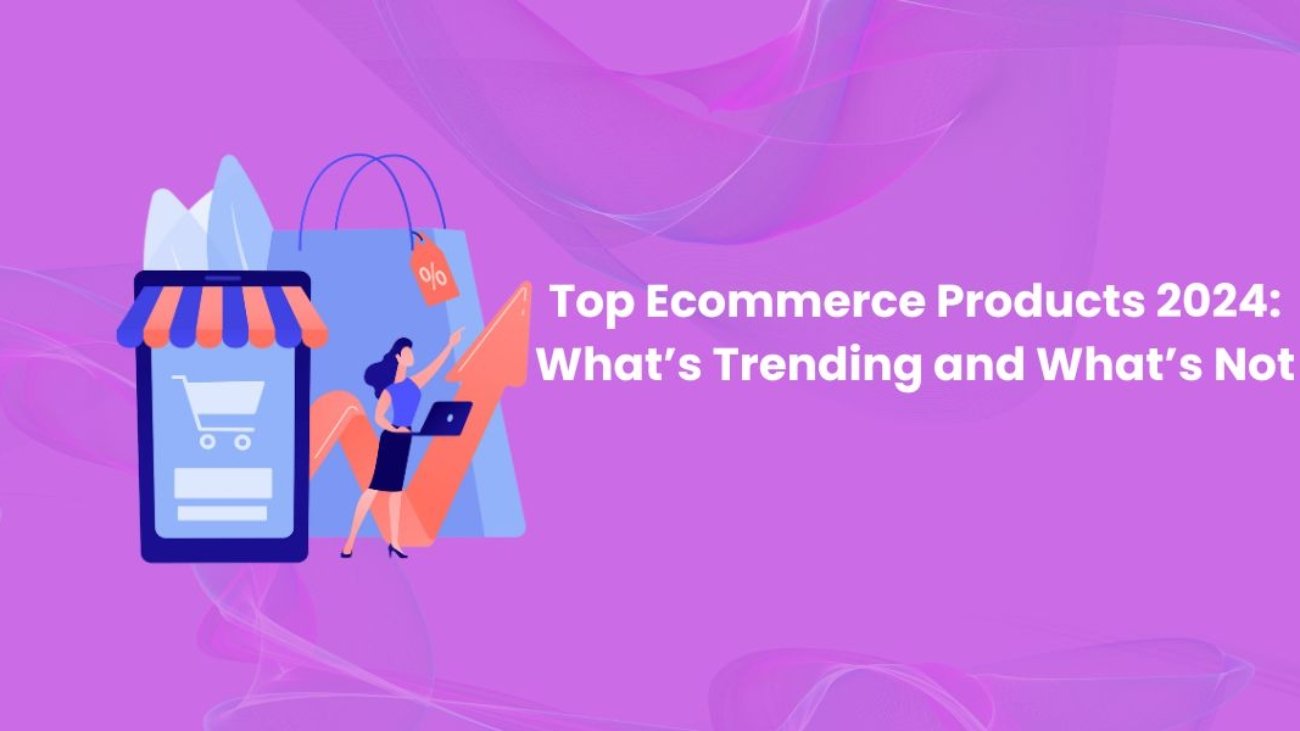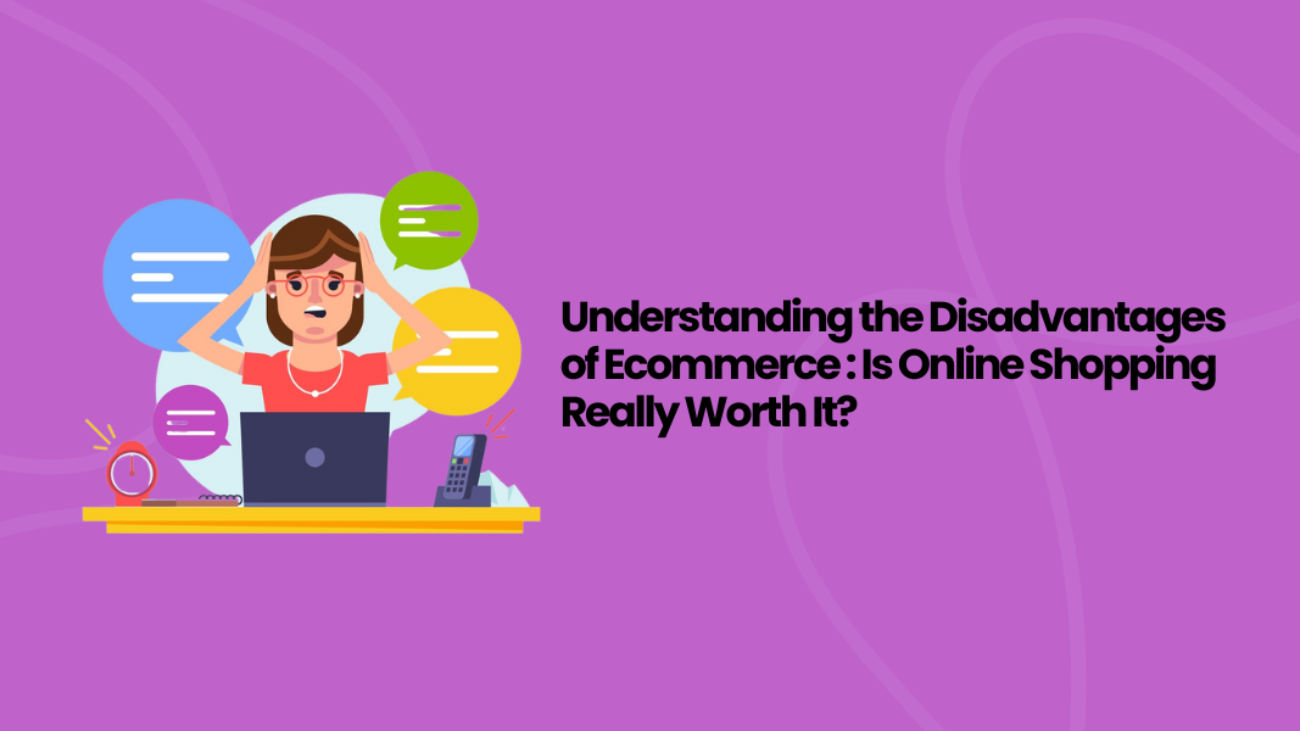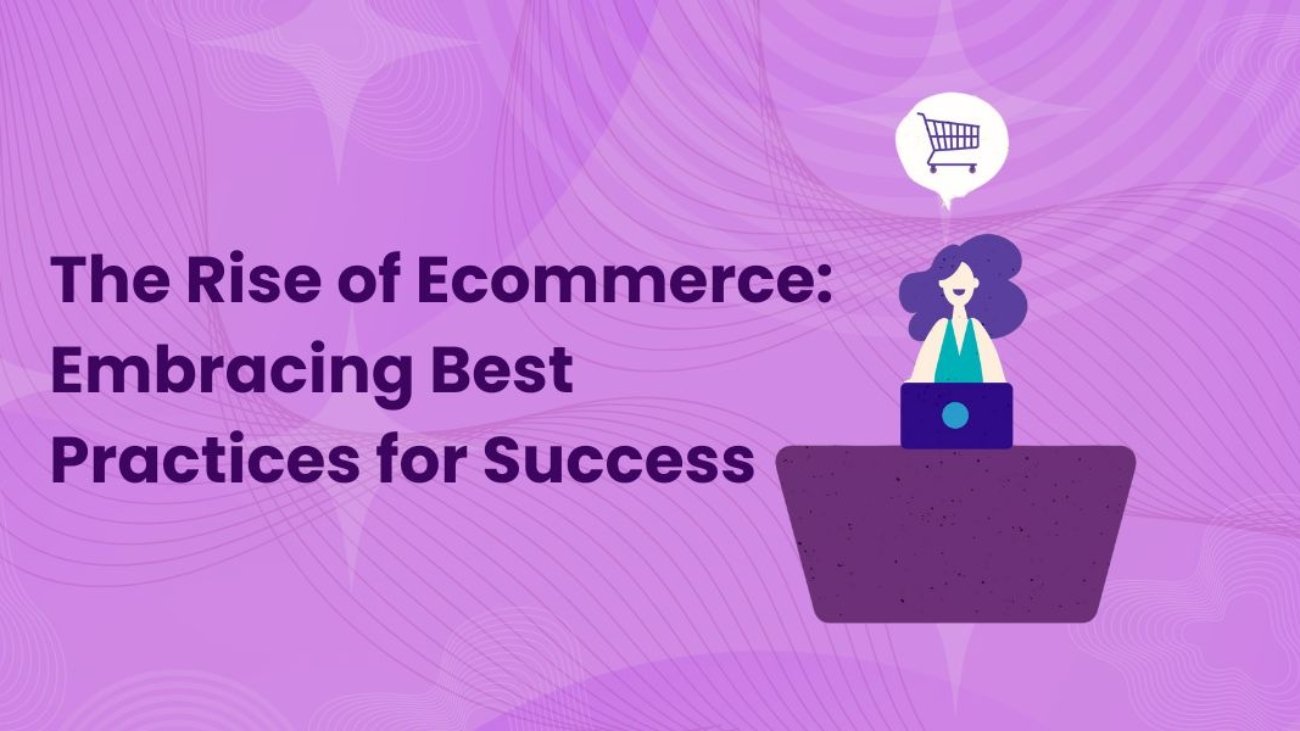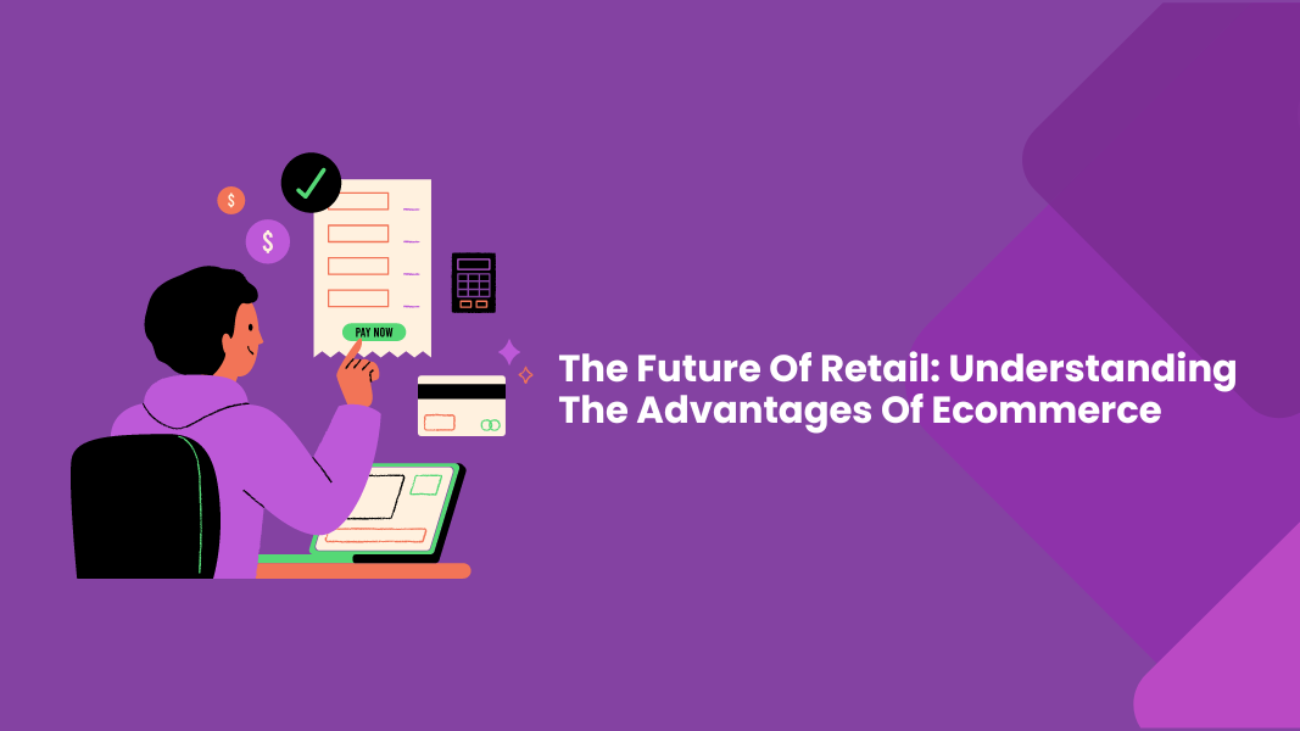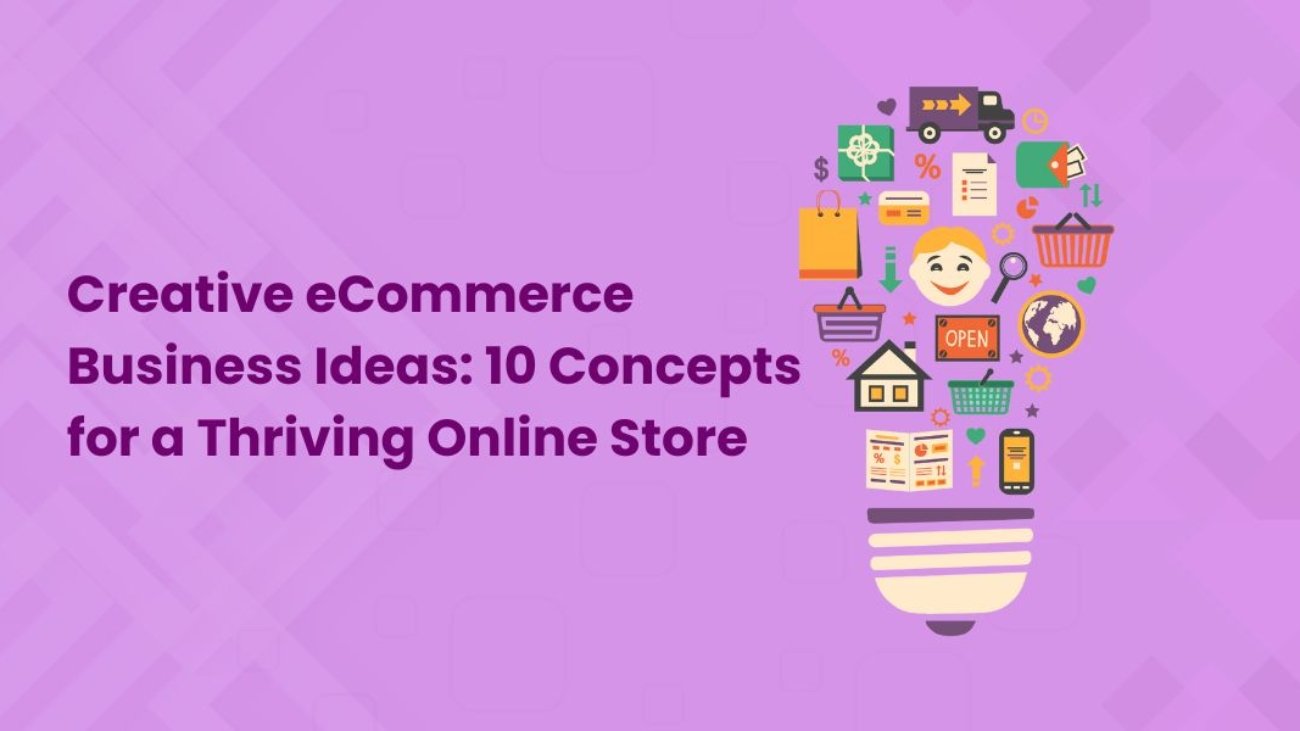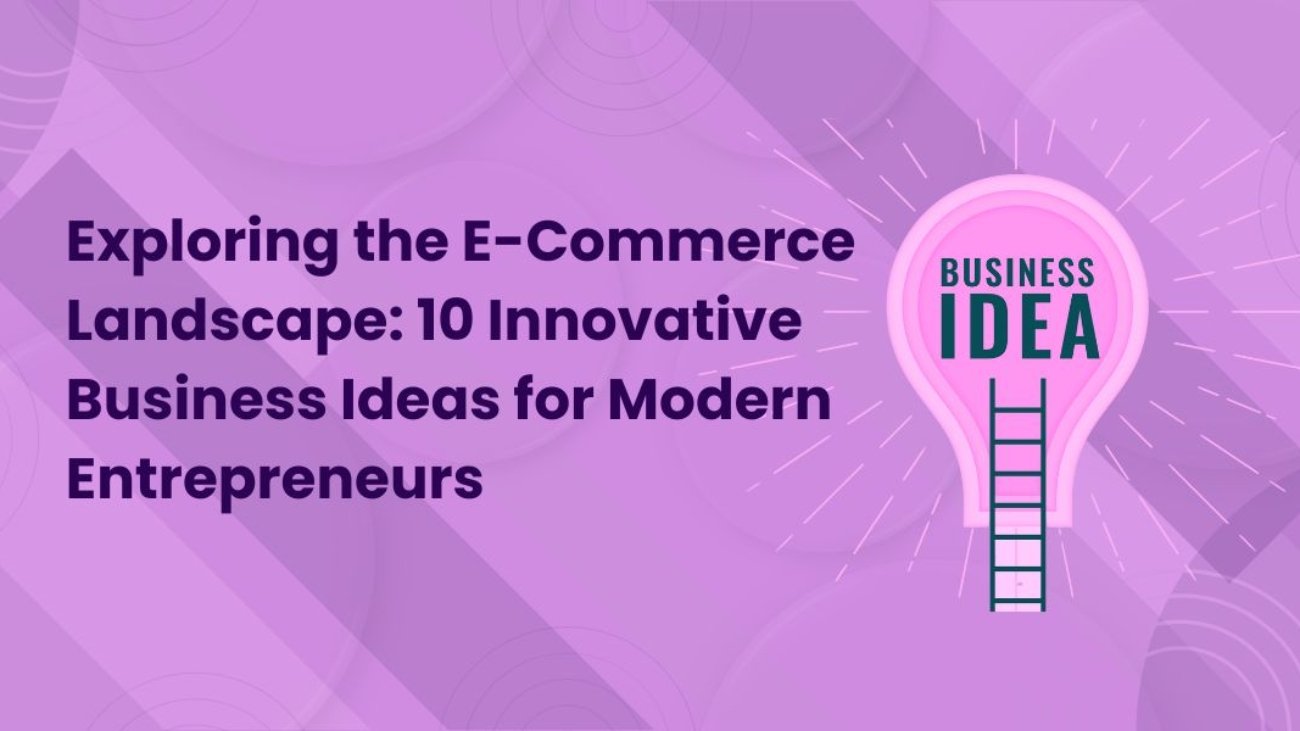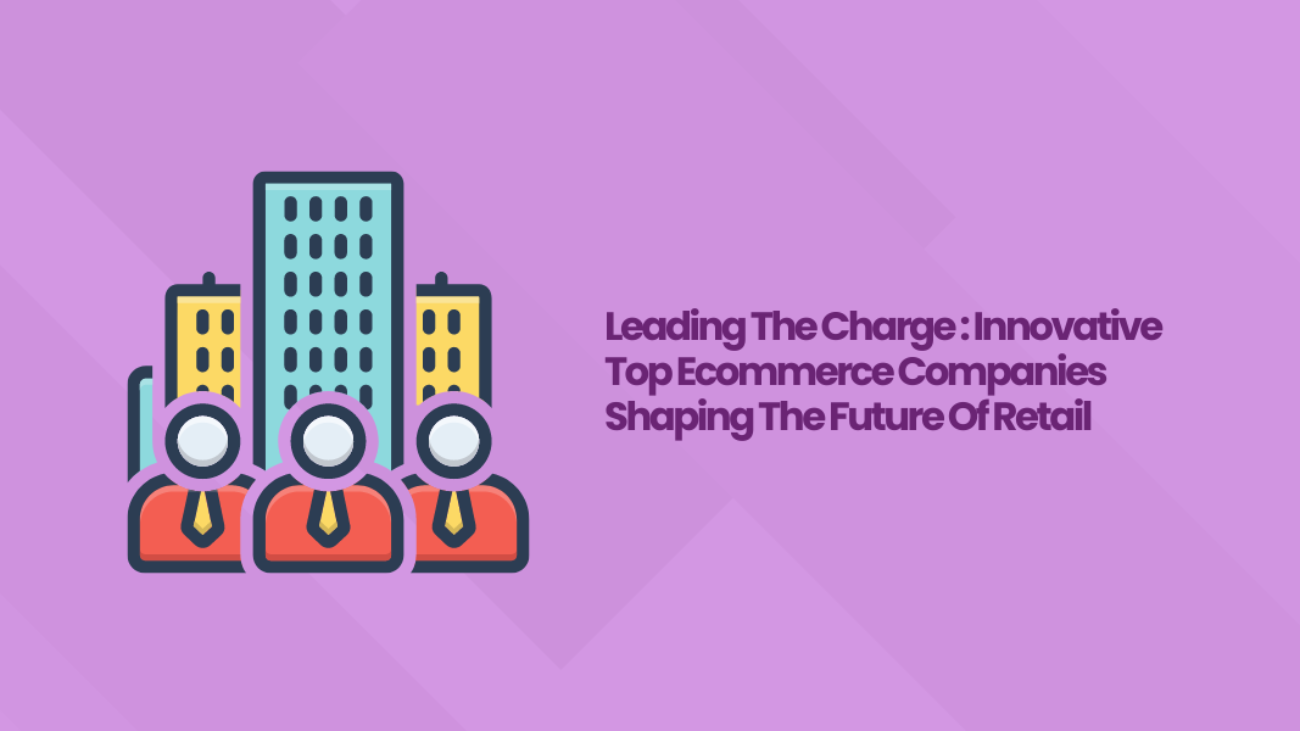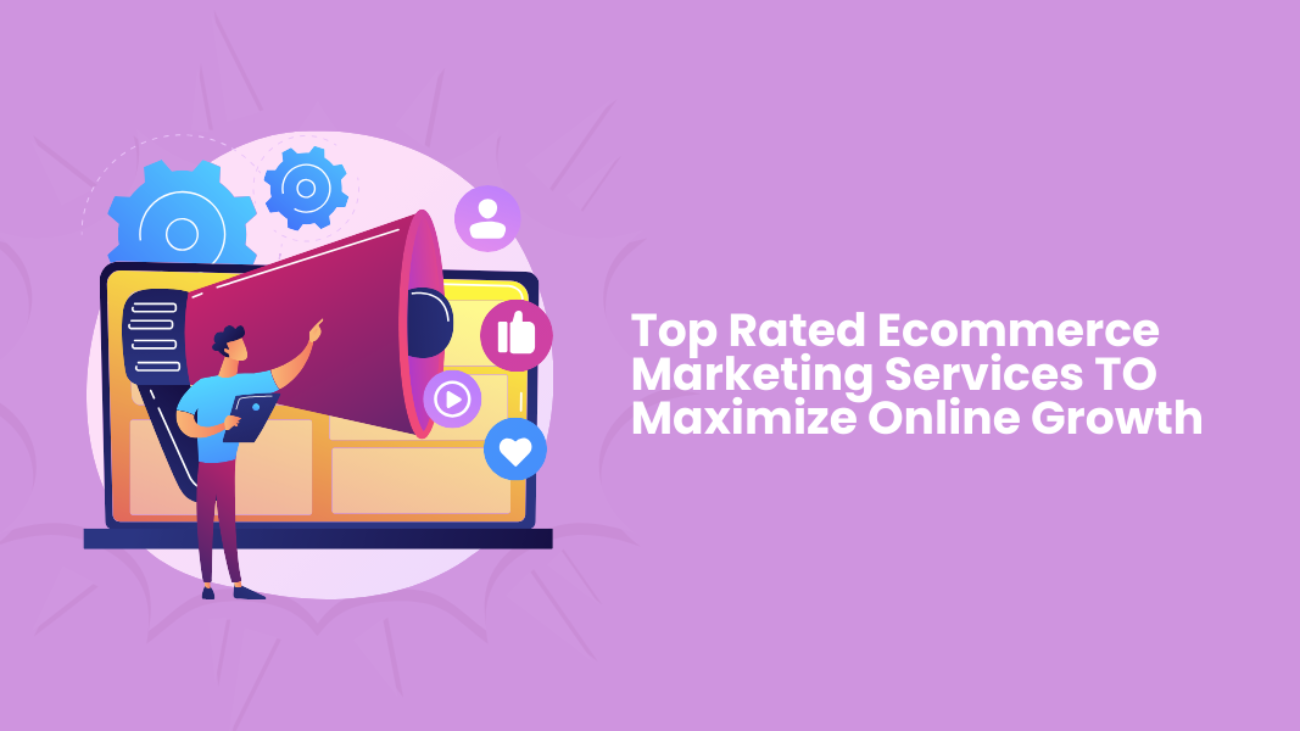The world of ecommerce is evolving rapidly, and 2024 is no exception. With shifting consumer behaviors and technological advancements, understanding the top-selling ecommerce products is more crucial than ever for retail businesses aiming to expand their reach and boost sales. This article explores the top ecommerce products 2024, offering valuable insights to help you make informed decisions for your online store.
What’s Hot: Trending Ecommerce Products in 2024
1. Sustainable and Eco-Friendly Products
As environmental awareness grows, the demand for sustainable and eco-friendly products has surged. Consumers are increasingly prioritizing ways to reduce their carbon footprint, leading to a rise in popularity for:
- Reusable Water Bottles and Coffee Cups: With a strong focus on reducing single-use plastics, these items have become essential. Brands offering stylish, durable, and customizable options are thriving.
- Eco-Friendly Cleaning Supplies: Products that are biodegradable and free from harsh chemicals are in high demand. Many consumers now prefer natural ingredients like vinegar, baking soda, and essential oils for their cleaning needs.
- Sustainable Fashion: Clothing made from organic cotton, bamboo, and recycled materials is gaining traction. Brands that champion ethical practices and transparency in their supply chain are attracting more customers.
2. Health and Wellness Products
The health and wellness sector remains a powerhouse in the ecommerce space. With more people focusing on their well-being, the demand for health-related products has risen significantly. Top products in this category include:
- Supplements and Vitamins: As consumers become more proactive about their health, supplements and vitamins such as immune boosters, multivitamins, and probiotics are in high demand.
- Fitness Equipment: Home workouts are popular, and products like dumbbells, resistance bands, and yoga mats are sought after. Innovative items such as smart fitness devices and virtual reality workout equipment are also gaining popularity.
- Personal Care Products: Natural and organic personal care items, including skincare, hair care, and oral hygiene products, are increasingly favored. Consumers are steering clear of products with harmful chemicals, opting instead for natural alternatives.
3. Tech Gadgets and Accessories
Technology continues to drive ecommerce trends, with consumers always on the lookout for the latest gadgets and accessories. Top ecommerce products in this category include:
- Smart Home Devices: Smart speakers, security cameras, and smart thermostats are becoming household staples. As smart home technology becomes more mainstream, the demand for these devices is expected to rise.
- Wearable Technology: Fitness trackers, smartwatches, and other wearable devices offer both style and functionality. Consumers are drawn to products with health monitoring features and seamless smartphone integration.
- Mobile Accessories: With smartphones integral to daily life, accessories like wireless chargers, phone cases, and screen protectors are consistently popular. Innovative products like foldable phone stands and portable power banks are also in demand.
4. Home Improvement and Decor
The trend of enhancing living spaces continues to grow, especially as people spend more time at home. Popular products in this category include:
- Smart Lighting Solutions: LED lights, smart bulbs, and color-changing light strips are favored for their energy efficiency and ability to transform a room’s ambiance.
- Furniture and Home Decor: Unique furniture pieces and decor items that reflect personal style are in demand. Multifunctional products, such as sofa beds and storage ottomans, are particularly appealing.
- DIY Tools and Kits: With the rise of DIY culture, tools and kits for home improvement projects are popular. This includes everything from basic tool sets to specialized equipment like cordless drills and painting kits.
5. Pet Products
Pets are family, and their needs are a priority for many consumers. The pet products category continues to grow, with top items including:
- Pet Food and Treats: High-quality, organic, and specialty pet foods are increasingly sought after. Pet owners are choosing brands that offer nutritional benefits and cater to specific dietary needs.
- Pet Accessories: From pet beds and toys to grooming tools and accessories, there is a wide range of products that pet owners are eager to buy. Innovative items like pet cameras, GPS trackers, and smart feeding devices are also gaining popularity.
What’s Not: Products Losing Popularity in 2024
1. Fast Fashion
While fashion remains a significant ecommerce category, fast fashion is experiencing a decline. Consumers are becoming more environmentally conscious and are moving away from brands that promote unsustainable practices and low-quality products. Retailers focusing on fast fashion are struggling to maintain customer loyalty, with many shoppers opting for more sustainable and ethically produced alternatives.
2. Single-Use Plastic Products
The shift towards sustainability has led to a decline in single-use plastic products. Items like disposable cutlery, plastic straws, and plastic bags are becoming less popular as consumers seek eco-friendly alternatives. Retailers should adapt by offering products that align with environmentally friendly values.
3. Traditional Office Supplies
With the rise of digital tools and remote work, traditional office supplies such as paper, pens, and folders are seeing decreased demand. More businesses and individuals are adopting digital solutions, reducing the need for physical office supplies. Retailers should consider diversifying their offerings to include tech accessories and home office equipment.
4. Basic Electronics
Basic electronics like standard calculators, DVD players, and simple digital cameras are losing relevance. As technology evolves, consumers prefer multifunctional devices that offer a range of features. For example, smartphones now include high-quality cameras, reducing the need for separate digital cameras. Retailers should focus on offering more innovative and advanced electronic products.
Why Retail Businesses Should Embrace These Top Ecommerce Products 2024
To stay competitive in the evolving ecommerce landscape, businesses must align with current trends. By focusing on the top ecommerce products of 2024, retailers can reach a broader audience, increase sales, and adapt to a rapidly changing market. Here’s why moving online with trending products is a strategic decision:
- Wider Reach: Online stores can access a global audience, expanding market reach beyond geographical boundaries.
- Lower Overhead Costs: Running an online store can be more cost-effective than maintaining a physical location, allowing businesses to invest in trending inventory.
- Data-Driven Insights: Ecommerce platforms provide valuable data on consumer behavior and preferences, enabling businesses to optimize product offerings and marketing strategies.
- Flexibility and Convenience: Online shopping meets the growing consumer demand for convenience, leading to higher satisfaction and loyalty.
Conclusion
As we advance through 2024, staying updated on the top ecommerce products is essential for retail success. By focusing on what’s trending and avoiding declining products, businesses can position themselves effectively in the competitive digital market. Embracing online selling and catering to current consumer demands will help retailers not just survive but thrive in the ever-evolving ecommerce landscape. Now is the time to adapt, innovate, and seize the opportunities that the ecommerce world offers.
